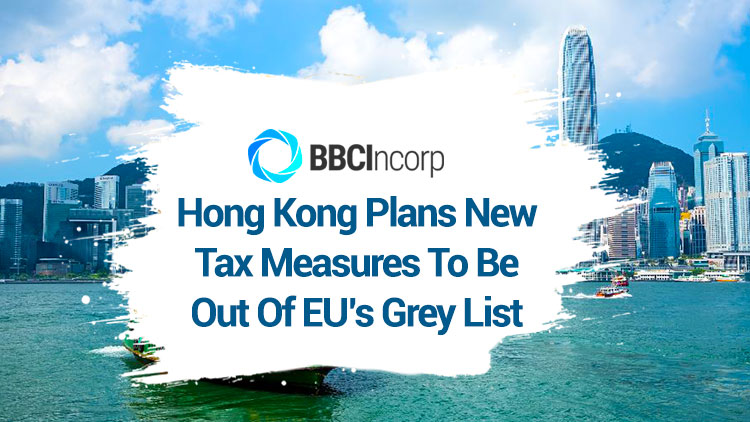
On October 5th, 2021, the European Union (EU) added Hong Kong to its Annex II list of non-cooperative tax jurisdictions (also known as the “grey list”).
The foreign-sourced income exemption regime of Hong Kong’s territorial tax system that can facilitate tax avoidance is why the EU added this jurisdiction to its watch list. Specifically, the territorial tax system focuses on the location where the company generates profits. Regardless of the tax residency or where the company incorporates, Hong Kong does not tax foreign-sourced incomes. Therefore, the EU feared that not taxing the foreign-sourced income of companies with no substantial activity in Hong Kong might lead to “double-non-taxation”.
In response, the Hong Kong government has promised to amend the city’s tax law and apply new regulations to combat cross-border tax evasion in accordance with the EU standards. In particular, Hong Kong will alter the Inland Revenue Ordinance (Chapter 112 of the Hong Kong laws) by the end of 2022. After that, the jurisdiction will impose relevant legal changes in 2023.
The proposed changes in Hong Kong’s taxation regulation will target mainly offshore shell companies that utilize passive incomes to avoid cross-border tax.
Note
Passive incomes, in general, are incomes that an enterprise continually earns without proactively conducting business activities. For instance, some common forms of passive income are:
- Royalties from letting others use certain property
- Dividends from shares and stocks
- Interest
- Rental earnings
The new measures will not affect companies that strictly follow Hong Kong’s tax regulation and declare their active income generated in offshore markets. Individual taxpayers won’t be affected as well. For financial institutions, the legislative amendments won’t put more tax burden on them since their offshore income is already subjected to profits tax under the Inland Revenue Ordinance.
Furthermore, despite the future legislative amendments, Hong Kong will keep its territorial source principle of taxation. Also, to sustain the city’s competitiveness as an attractive and dynamic international business environment, Hong Kong will maintain its low-tax regime.
The Hong Kong government will discuss more on the precise content of the legislative amendments and strive to minimize the compliance burden of corporates. Once the EU accepts the proposed new measures, Hong Kong will no longer be on the grey list.
BBCIncorp will keep you updated with the official specific content of Hong Kong’s taxation amendments once released.
Disclaimer: While BBCIncorp strives to make the information on this website as timely and accurate as possible, the information itself is for reference purposes only. You should not substitute the information provided in this article for competent legal advice. Feel free to contact BBCIncorp’s customer services for advice on your specific cases.
Industry News & Insights
Get helpful tips and info from our newsletter!
Stay in the know and be empowered with our strategic how-tos, resources, and guidelines.






